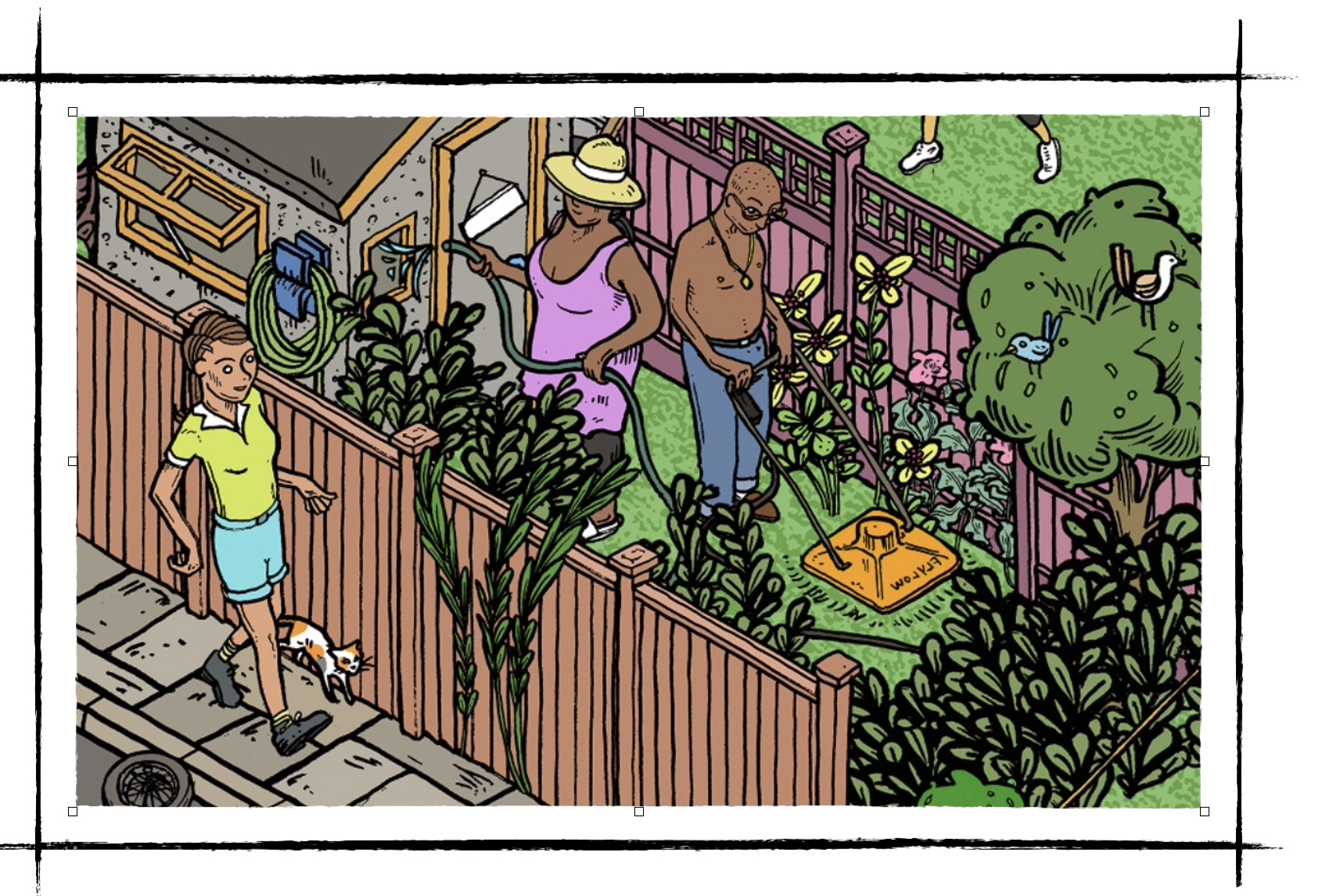WALKING + LISTENING
We’re ghosts aren’t we. Not really here. Caught between worlds that we distil in our minds, muffled by the headphones we wear. What’re you listening to? The morning news in clipped, serious voices, or a song, sound-tracking your morning commute?
Let’s talk about that commute. Imagine your life spread out on a map, GPS logging your movements to translate them into digital lines. Those lines connecting two points, back and forth back and forth into a culmination of linear travel over the years, with few deviations into the edge lands.
Maybe there’s another way. A different path that we could take. One which meanders and stumbles and takes you to secret clearings in the woods. Let your curiosity wander around the corner and lead you into the long grass.
There’s adventures to be had if only you listen out for its whispers on the wind. Not only with your ears. Listening is sensing the change in temperature on your skin before a summer storm. The trickle of saliva at the smell of 11pm chip shop grease. It’s overhearing someone the phone say they’re ‘sorry for your loss’, or asking ‘what’s for dinner. Spider webs catching the light. A still smoking cigarette. A fox’s scream.
Walking and listening is about noticing with your whole being. So allow your thoughts to race and run wild in the landscapes in your mind.



One thought on “Noticing by Jo Riggall”